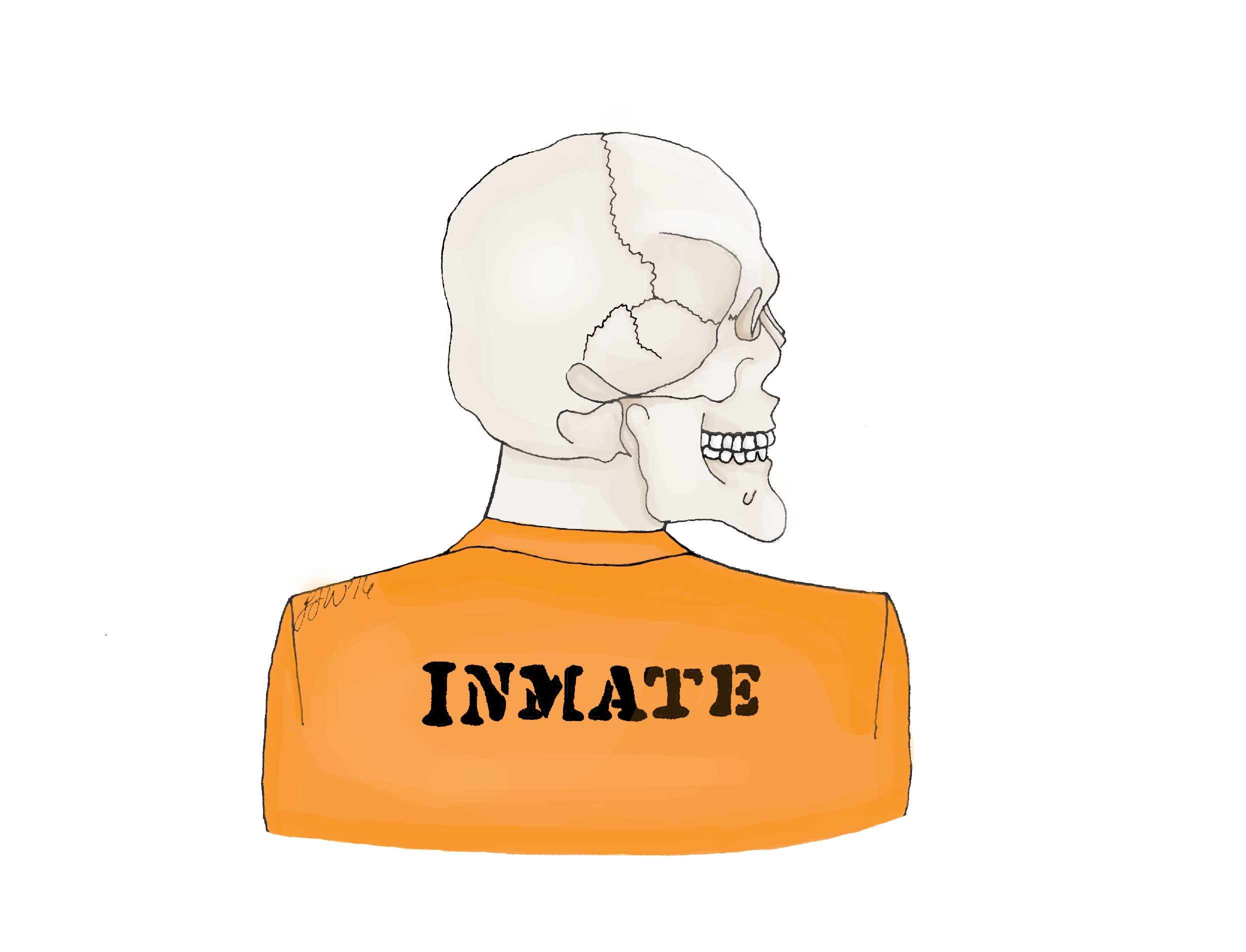The death penalty may seem fitting for violent and brutal crimes, but it is in fact illogical and immoral. Execution enables racism to manifest with dire results – essentially, legal murder. Additionally, it is a practice that is both socially and financially irresponsible to engage in or support.
No one can deny that our government has a problem with internal racism and racial profiling. African Americans are consistently handed out harsher punishments than whites for the same crimes. The death penalty simply adds another channel for the internal racism of our justice system to affect the lives of minorities, in a way that is significantly more severe than other outlets of racism from our government. According to the Death Penalty Information Center (DPIC), “over 75% of the murder victims in cases resulting in an execution were white, even though nationally only 50% of murder victims generally are white.” This shows a distinct favor for whites and a disregard for minority murder victims. This is a serious problem in a system where the goal is justice for all. An equally shocking fact from our own state is that Washington jurors are “three times more likely to recommend a death sentence for a black defendant than for a white defendant in a similar case.” Biases such as these reduce the consequences for murdering a certain race, giving legal support to the deaths of minorities.
The death penalty is irresponsible simply because of the nature of our justice system. In the last 43 years, 156 people were released from death row when evidence of their innocence came forward. That’s 156 mistakes in the justice system that almost resulted in the death of an innocent person – and that’s only the cases where evidence was found. Undoubtedly, many executions went forth for people who did not commit the crime for which they were being put to death. It’s clear that our justice system simply is not good enough to bet human lives on. Because we can’t be sure of anyone’s guilt or innocence, and because we’ve been known to make mistakes, it is irresponsible of our government to continue putting people to death with this knowledge. Some may try to justify executions because they believe that having a penalty of death for certain crimes deters people from committing them. However, if you look at the numbers, this is not the case. According to the 2104 FBI Uniform Crime Report, the southern US has the highest murder rate of all the regions, despite also accounting for 80% of executions. Clearly the south’s use of the death penalty has not reduced the murder rate.
Many bring up the cost of imprisonment as a factor in justifying the death penalty. But this, too, is fallacious. Numerous death penalty investigations have revealed that it costs significantly more to pursue the death penalty than to punish an offender with life in prison. It costs the state of Florida, for example, $51 million more per year to enforce a death penalty that it would to replace it with life in prison. In North Carolina, it costs $2.16 million more per prisoner to sentence offenders to death. Texas spends nearly three times the amount of money on the death penalty as it would to imprison murderers in maximum security for 40 years. Most of this extra money comes from the huge legal fees involved in pursuing execution.
So not only does the death penalty enable racial profiling, and not only is it irresponsible considering the reputation of our justice system, it’s financially inefficient. The most moral and responsible course of action for our government is to cease use of the death penalty and pursue different forms of atonement for violent crimes.
